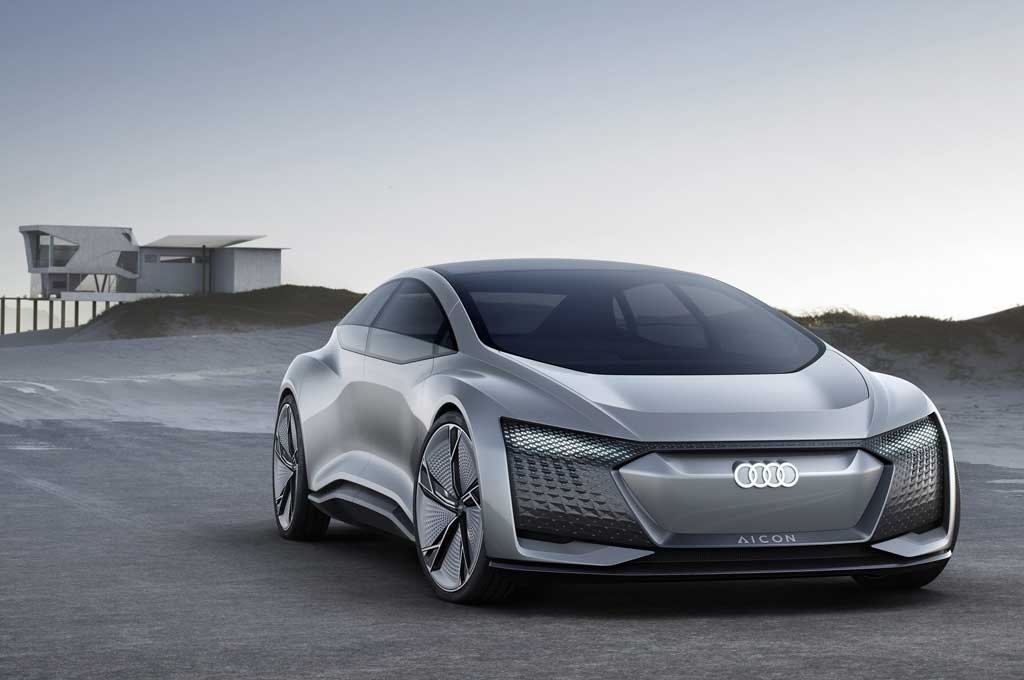Markus Duesmann, Audi CEO, recently announced creating a new division within the Volkswagen Group: Artemis, which will be responsible for developing technologically advanced vehicles in a more agile way. This division, which will have access to all the group’s resources, will imitate the speed of reaction of startups or young companies like Tesla.
The first Artemis development, known as the “Landjet” project, will be a luxurious, highly efficient electric car with the maximum possible technology. Although it will be sold under the Audi brand, the vehicle will be manufactured at the Volkswagen plant in Hannover, as the Audi facilities in Ingolstadt are too small.
The Audi “Landjet” will be a representative saloon located one notch above the current A8, and its final name is more than likely the A9 e-Tron. It is estimated that its production will begin in 2024; it will also have two brothers sold under the Bentley and Porsche brands, with whom it will share a production line in Hannover.
At first, these models would be the heirs of the Mulsanne and Panamera (remember that the Bentley Mulsanne has recently been discontinued with no substitute in sight, while the current Panamera dates from 2016, so its third generation should arrive by 2024), two of the flagship vehicles of the Volkswagen Group.
According to leaks from the German press, the Audi will have three rows of seats, which makes us think that the three “brothers” will have very different bodies to cover the entire spectrum of the F segment: the Audi could bet on one avant-garde crossover line similar to that of the Aicon Concept, the Bentley for a classic three-volume sedan design, and the Porsche for a sporty fastback grand tourer-style aesthetic like that of the current Panamera.
These three models will become the new flagships of the Volkswagen Group, which is destined to show the power of the German company through aspects such as cutting-edge technology (Audi), extreme luxury (Bentley), and sportiness (Porsche). Unfortunately, Mathias Rabe, Bentley’s chief engineering officer, has confirmed that these vehicles will not feature solid electrolyte batteries, but rather an evolution of current lithium-ion technology.

